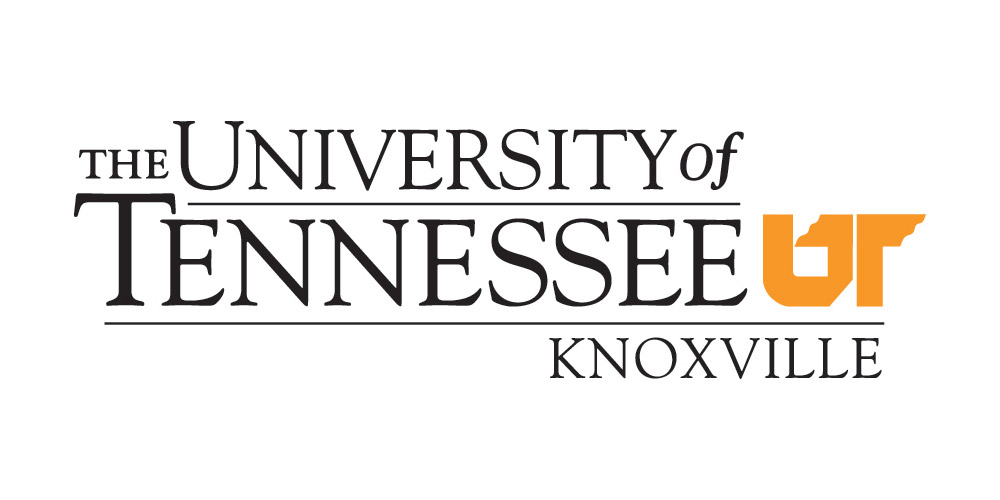Reports of sexual misconduct have nearly doubled from 2016 to 2017 at the University of Tennessee Knoxville, according to a report released by the school’s Title IX office this week.
There were 115 reports of sexual misconduct in 2017, compared to 64 in 2016, according to the Sexual Misconduct, Relationship Violence, Stalking and Retaliation Annual Report. The numbers include non-consensual sex, sexual harassment and sexual exploitation.
Ashley Blamey, UT’s Title IX coordinator, says the rise in reports means progress in the reporting process and education and prevention efforts.
“Reporting is a good thing. I think the idea that this is something that’s never happened before and is suddenly an issue and we need to address it is inaccurate,” she said. “The goal is that you get to a place where those numbers start to reduce but I think first you have to get the reports in of the actual events.”
In 2016, the school’s Title IX office added new categories, such as dating violence and stalking, to what it considers sexual misconduct, which the office says has contributed to the higher number of reports, according to WBIR.
Laura Bryant, director of UT’s Center for Health Education and Wellness, says the higher number shows the student body is more educated on what sexual assault is and how to report it. The center has placed signs around campus and holds events to raise awareness.
“What that says to me is that our prevention work is getting the word out about what consent is and how students report a sexual assault,” said Bryant.
Both recent research and the 2017 data show students are at higher risk during the months of September, October, and November, known as the “Red Zone”, reports Knox News. As a result, the school schedules its highest-impact prevention and educational efforts during orientation and early fall.
This is also the first year the report includes data on sexual misconduct by faculty and staff. In 2017, 26 of the 115 sexual misconduct allegations were made against faculty and staff, 11 of which were made by current or former students.
In addition, the report shows an increase in stalking, from 16 reports in 2016 to 42 in 2017. The alleged stalking incidents occurred more frequently in person and on campus and most reports involved two people who knew each other or had recently met online.
As a result, the school’s Title IX office launched a stalking awareness and prevention campaign last October.
Changes Made to Title IX Department Following 2016 Lawsuit
Significant changes were made to the school’s Title IX policies following a 2016 lawsuit settled by the school for $2.48 million. The lawsuit claimed student-athletes were given unfair advantages during sexual assault investigations. The suit was filed by eight students who alleged they were sexually assaulted by student-athletics.
Following the settlement, UT President Joe DiPietro hired an independent group to review the school’s Title IX compliance. An investigation was also launched by the Office for Civil Rights.
The findings led the school to create six additional sexual assault prevention positions, including two employees tasked with organizing programming around sexual assault, drug and alcohol awareness topics in the athletics department, a Title IX senior deputy coordinator, two Title IX investigators and a position within the Center for Health Education and Wellness to focus on the prevention and education of sexual assault.
The school also adjusted its procedures so that the Office of Equity and Diversity handles sexual assault allegations, which were previously fielded by the Office of Student Conduct.
While Blamey is hopeful the number of sexual assaults on campus will begin to fall, she says that won’t happen until students have reached a maximum level of awareness and Title IX organizations are completely transparent.
“You can’t change events unless you’re honest about what they are and how you’re approaching them,” she said. “This is the best time in history to be in school. This is a time in which we are taking this issue seriously, that we have a very specific and dedicated approach to how to address it and prevent it.”













